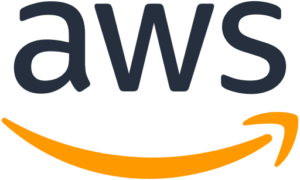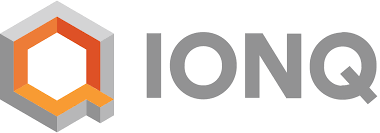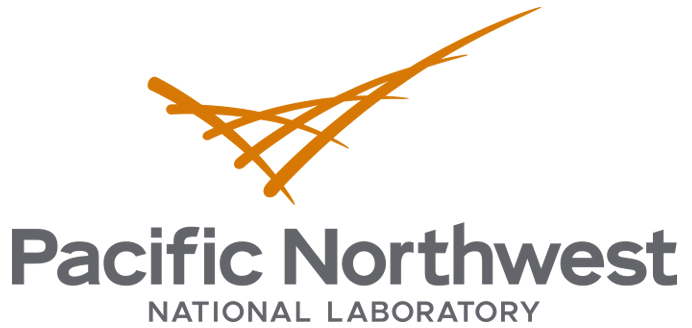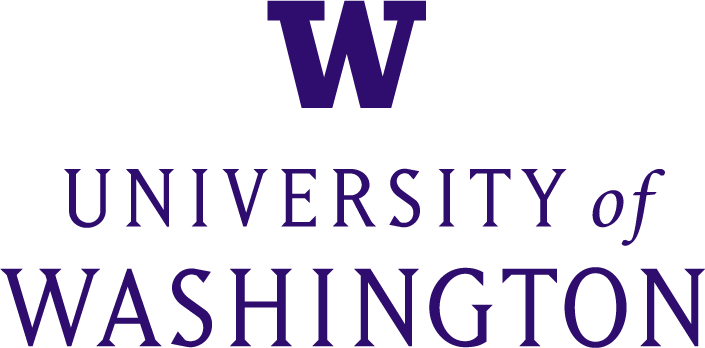Washington State University (WSU) is a public research university conducting research, scholarship, creative activity, and service at five campuses in Pullman, Spokane, Tri-Cities, Vancouver, and Everett, as well as online through the Global campus. WSU unites the Pacific Northwest through three roles within the NQN: quantum research, workforce training, and connecting with industry. Honoring its land-grant mission, WSU is committed to inspiring and challenging the next generation of problem solvers by providing a solid physics-based foundation for students to lead the next quantum revolution. Partnerships like the NQN allow WSU to tailor its programs in response to industry needs, establish internship programs, and provide training for the future quantum workforce.
WSU’s growing quantum research focus is currently directed at fundamental quantum science (including many-body dynamics, nuclear astrophysics, and quantum chaos), quantum technologies (including magnetic resonance physics, nonlinear optics, and analog quantum simulation with ultra-cold atoms), and the interconnect between different quantum and classical technologies. In addition, a university-wide effort is being made to identify transformative applications of quantum technology and computing, including imaging technology, cryogenics, solid-state and superconducting cryoelectronics, material science, chemistry, LIGO (quantum enhanced sensors), with key members in the departments of physics, electrical engineering and computer science, chemistry, and mathematics and statistics, and external partnerships with NQN members, through the Washington International Trade Association (WITA), and strong industrial connections.











